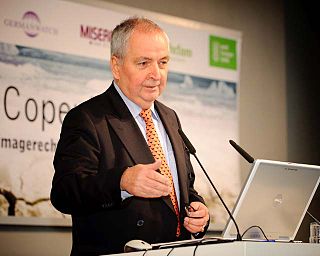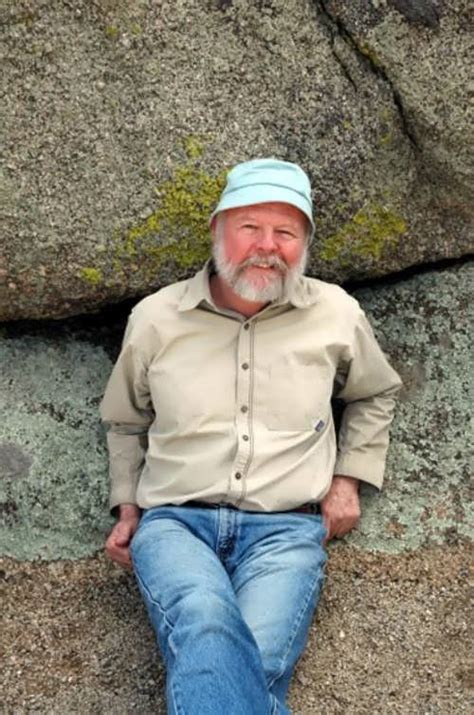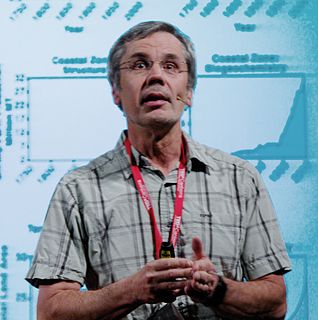A Quote by Thomas Friedman
The poverty fighters resent the climate-change folks; climate folks hold summits without reference to biodiversity; the food advocates resist the biodiversity protectors. They all need to go on safari together.
Related Quotes
Despite the international scientific community's consensus on climate change, a small number of critics continue to deny that climate change exists or that humans are causing it. Widely known as climate change "skeptics" or "deniers," these individuals are generally not climate scientists and do not debate the science with the climate scientists.
I’ve often said that global climate change is an issue where no one has the luxury of being “half-pregnant.” You either are or you aren’t. And so it is with climate change. You either understand and accept the science – or you don’t. Folks this isn’t a cafeteria where you can pick and choose and accept the science that tells us what is happening, but then reject the science that warns us what will happen.































